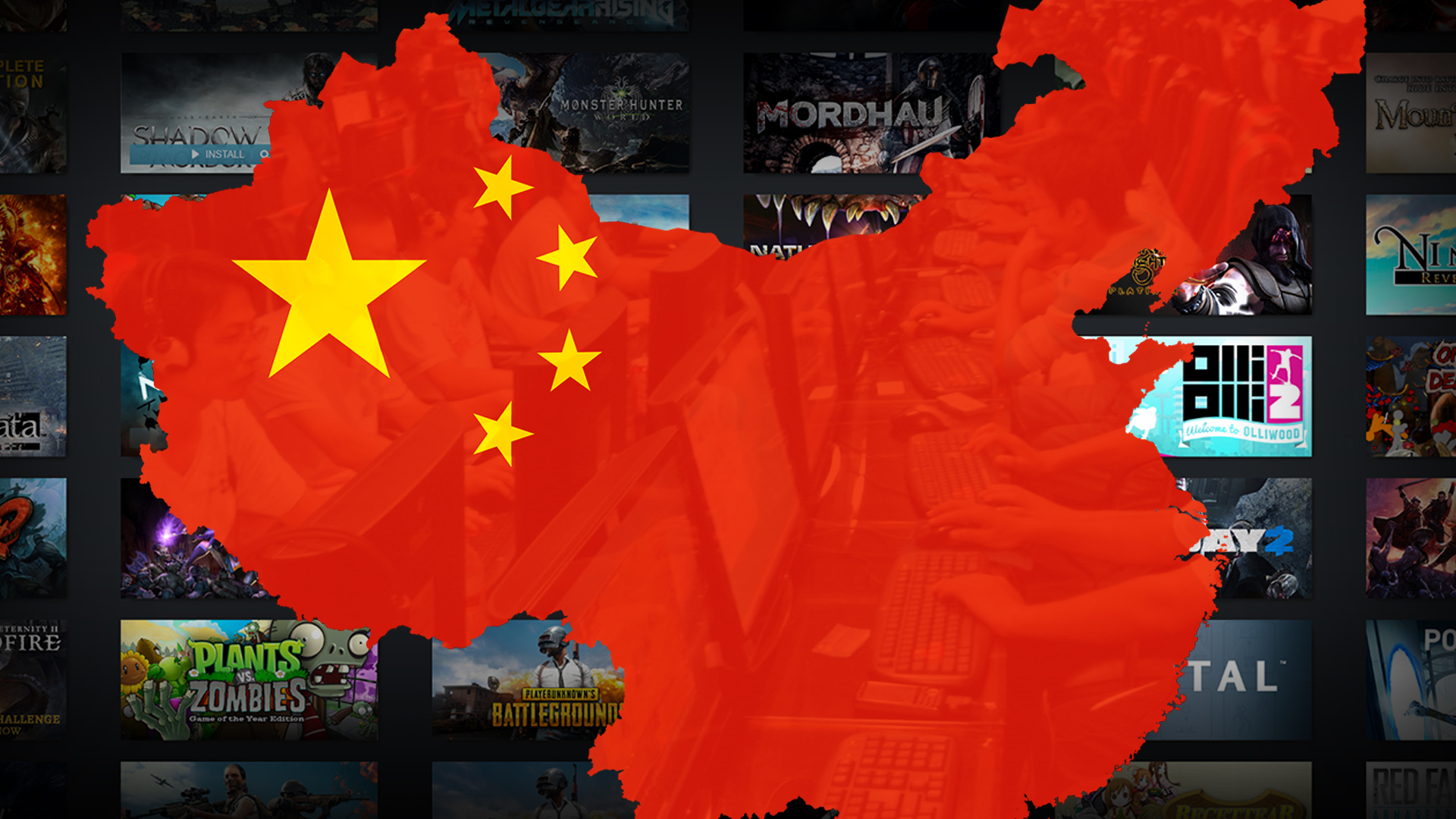China really doesn't want young people to play online games
New regulations mean gamers under 18 will no longer be allowed to play online games through the week.

China is imposing tighter limits on online gaming for people under the age of 18. An announcement from the National Press and Publication Administration (Google translated) says that beginning September 1, minors will only be allowed to play online games for one hour per day, from 8-9 pm, on Fridays, Saturdays, Sundays, and official holidays.
Players are also required to register with their real names under the rules, and online game companies are not allowed to provide any services, even a "tourist experience mode," to unregistered users. All online games must also run through the National Press and Publication Administration's online game anti-addiction real-name verification system, and the "frequency and intensity" of inspections to ensure compliance will also be increased.
The regulations are the most restrictive in the world. According to a Xinhua report, the new rules are meant to combat addiction to online gaming among young people, "who are still in the developmental stage physically and mentally, and have poor self-control."
The new restrictions are a significant tightening of limits imposed in 2019, which capped online gaming for minors at 90 minutes per day through the week and three hours per day on weekends and public holidays, and imposed a curfew from 10 pm to 8 am the following day. Those rules also required real-name verification for online gaming accounts, but implementation may have been spotty: The latest guidelines warn specifically that online game companies who have not "strictly implemented" the rules will be dealt with "seriously."
One company that appears to be ahead of that particular curve is Tencent, China's largest tech company, which announced in July that it was employing facial recognition technology to ensure that minors weren't playing online past 10 pm. Anyone trying to play a game during restricted hours is required to use their phone's camera to verify their identity and age, a much tougher age gate to get around than most.
More recently, Tencent announced its own tighter limits on gaming for minors, although it didn't go as far as the new government regulations. In August it reduced allowable play time from 90 minutes per day to 60 through the week and three hours to two on weekends and holidays. It also boosted its facial recognition checks to an "all-day inspection" system requiring re-authentication from all suspicious accounts in order to crack down on minors who have managed to circumvent the system, and banned online gaming for anyone under 12 altogether.
Tencent's enthusiastic participation may help keep it in the government's good graces, but it hasn't done it much good financially: The Chinese government's increasingly aggressive online gaming regulations have driven Tencent's share price from a high of more than HK$766 ($98) to HK$466 ($60) today. Still, Tencent is likely eager to do whatever it can to avoid an even heavier-handed crackdown on gaming. In 2018, Tencent reportedly lost $190 billion in market value after the Chinese government stopped issuing game license approvals in March of that year.
Keep up to date with the most important stories and the best deals, as picked by the PC Gamer team.
The new regulations apply only to online games: A government official told Xinhua that it's up to parents how long their kids play "other games that are conducive to minors' growth." That distinction is likely a reflection of both the nature of the Chinese market, where free-to-play online games and esports are tremendously popular, and the simple fact that it's a lot tougher to police gaming when players don't have to be connected to the internet.

Andy has been gaming on PCs from the very beginning, starting as a youngster with text adventures and primitive action games on a cassette-based TRS80. From there he graduated to the glory days of Sierra Online adventures and Microprose sims, ran a local BBS, learned how to build PCs, and developed a longstanding love of RPGs, immersive sims, and shooters. He began writing videogame news in 2007 for The Escapist and somehow managed to avoid getting fired until 2014, when he joined the storied ranks of PC Gamer. He covers all aspects of the industry, from new game announcements and patch notes to legal disputes, Twitch beefs, esports, and Henry Cavill. Lots of Henry Cavill.

